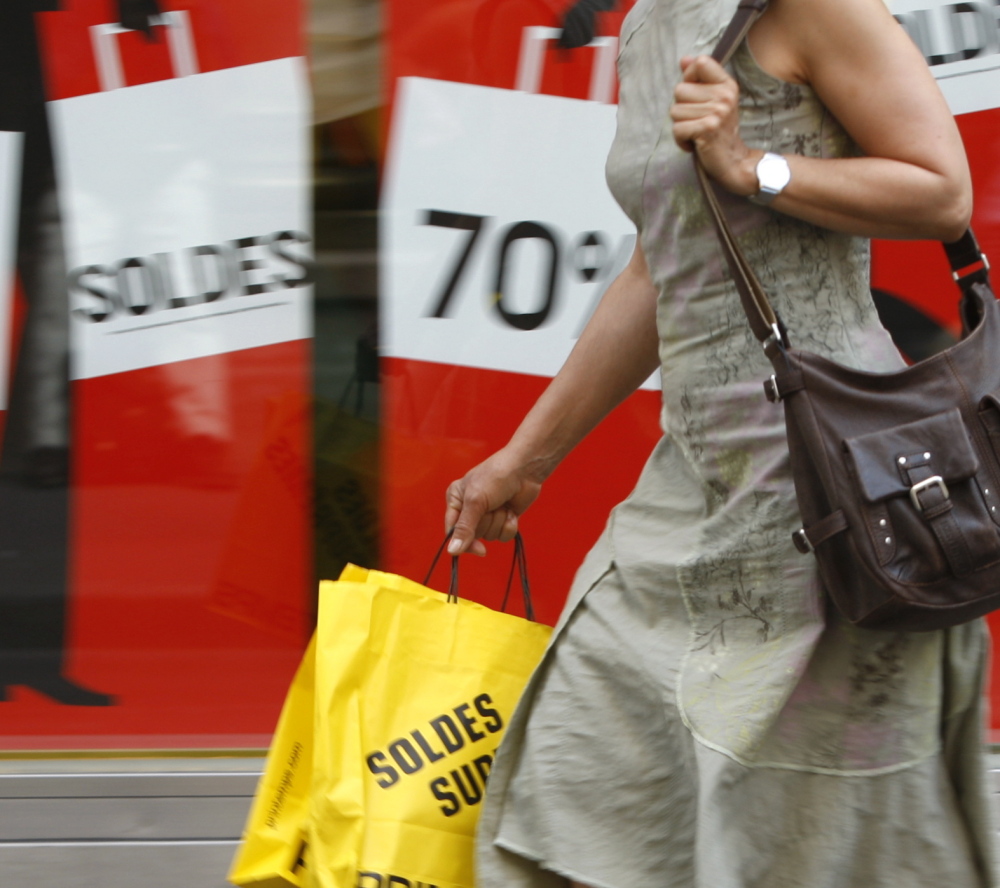From disposable razors to chocolate, French women are being charged more than men for near-identical products, according to the French rights group Georgette Sand. The group has taken photographs at a variety of stores that appear to show different prices for similar types of products depending on the gender they are being marketed to.
The group calls it a secret “tax” on women. For example, according to photos posted by the group, women pay more for disposable razors sold in separately branded packaging.
And Ferrero chocolate – which sometimes features different packaging targeting girls and boys but is produced by the same company and sold in the same size – is shown to have two different prices depending on whom it is aimed at.
Georgette Sand’s campaign has caught on quickly throughout France, a country that is known for its focus on equality and is ruled by the Socialist Party. More than 40,000 people have signed a petition, prompting the French Finance Ministry to announce an investigation.
Geraldine Franck, one of activists behind the campaign, told The Washington Post that the French government needs to take action. “Gendered sections in supermarkets need to be eliminated. And if that turns out to be impossible, the minimum that needs to be done is an equalization of prices,” Franck said.
Public anger has particularly focused on a supermarket chain called Monoprix, which – ironically – can be translated as “Single price.” However, Monoprix is far from the only store that charges women extra. “We knew we would find differences, but not as quickly as we ended up doing,” Franck told the newspaper Le Parisien. She said that within three hours of walking around her city district, she found 15 instances of price differences worth photographing.
Monoprix has defended the tactic. “The larger sale, in volume, of men’s razors allows for a lower retail price,” the company said, according to France24. The retailer also said that women’s razors were more expensive to produce.
In response to the outcry, some French media outlets are pointing to the U.S. as a role model. In 1995, California signed a bill that banned gender discrimination in pricing, and many states followed suit.
Send questions/comments to the editors.



Success. Please wait for the page to reload. If the page does not reload within 5 seconds, please refresh the page.
Enter your email and password to access comments.
Hi, to comment on stories you must . This profile is in addition to your subscription and website login.
Already have a commenting profile? .
Invalid username/password.
Please check your email to confirm and complete your registration.
Only subscribers are eligible to post comments. Please subscribe or login first for digital access. Here’s why.
Use the form below to reset your password. When you've submitted your account email, we will send an email with a reset code.